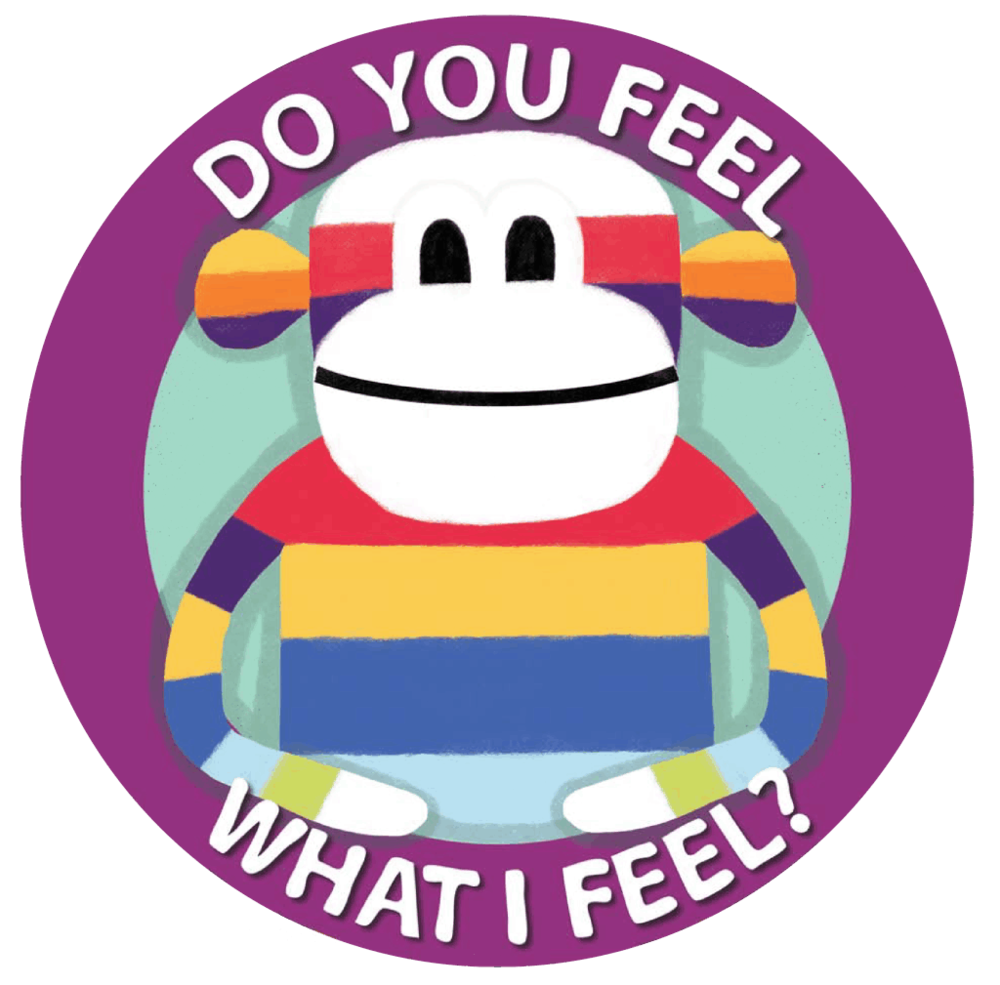TRAINING
For most children, play is something that comes naturally to them. It’s how they make sense of the world around them.
It’s how they socialise. It’s how they develop language skills. It’s how they have fun. Which is why play therapy is such an effective way to encourage children to talk about their wishes and feelings.
Monkey Bob for Early Years
Early Years is a significant time for children developmentally. Cerebral development happens at a faster rate from birth to five years old than at any other time in a person’s life.
Stress and trauma can create changes in brain development that last a lifetime, so early intervention – embedding key messages in children about how they’re treated by the adults around them – can have a massive impact on a child’s life.
Have a quick search online and you’ll find lots of play therapy tools aimed at children. It’s great that there’s so much choice when it comes to helping children and young people to talk about their emotions, but Monkey Bob is a bit different because he’s designed specifically for use within Early Years settings.
Helping children talk about their feelings
Monkey Bob can be used in lots of different ways. He helps children to recover from developmental trauma, so he’s a great tool if you’re working with children who’ve experienced domestic abuse. But he’s not just good at helping children who are receiving counselling.
Monkey Bob can help all Early Years children to talk about their wishes and feelings. So he’ll be right at home in classrooms, nurseries and various different healthcare settings, working with children from a wide range of different backgrounds.
Monkey Bob training
Monkey Bob training is available for anyone working with children and young people.
The face-to-face training is delivered at your place of work (or at Monkey Bob HQ if that’s easier for you) over one working day.
The framework is split into two parts:
Part One
In part one, you’ll learn more about domestic abuse and the impact it has on Early Years children – from pregnancy right through to around aged seven.
You’ll also learn more about how Monkey Bob and the Do You Feel What I Feel? toolkit can help you to talk to children and young people about their emotions.
Part Two
In part two, you’ll have chance to think about how you might use Monkey Bob to talk to the children you work with about their wishes and feelings.
Most of our delegates use this section of the training to come up with storytelling or role-playing ideas that would appeal to the children they work with.
Online training coming soon
Our online training is coming soon. Sign up to our mailing list and we’ll drop you an email when it’s up and running.
Costs
There are a few variables that affect how much our training will cost you.
Things like your team size, the number of packs you’ll need and the location of your workplace can all have an impact.
We charge fairly – you’re paying for our time and expertise as well as our products – and the quote you received based on the information you give us will be the total price you pay for your training. No hidden charges.
Contact the Monkey Bob team today for a quote.
Monkey Bob love
We know the impact that domestic abuse can have on children and young people and we’re absolutely determined to do whatever we can to help children recover from the developmental trauma they suffer as a result of domestic abuse.
We can help you develop the skills you need to talk to children and young people about their emotions. We’re experts in what we do.
Our training really is first-class. But don’t just take our word for it.
Here’s what our delegates have said about us:
“Reading Monkey Bob stories has given the children a better understanding of emotions and what might make them feel happy, sad or angry.”
“Monkey Bob is brilliant! The toolkit helps children to express their feelings more openly and easily.”
Visit the Monkey Bob shop to order your Do You Feel What I Feel? toolkit online.


